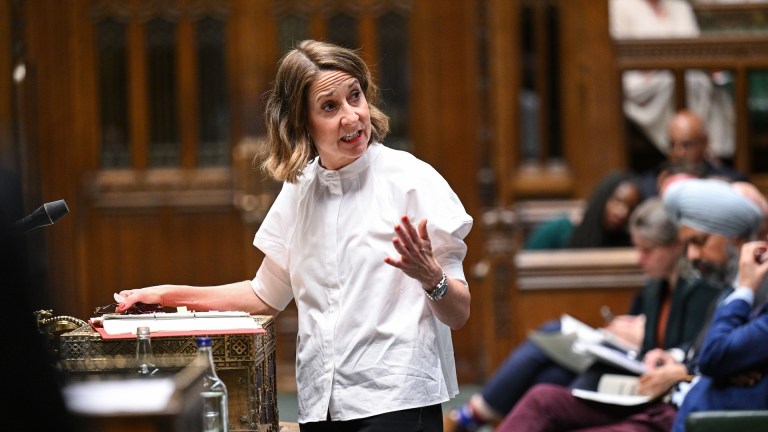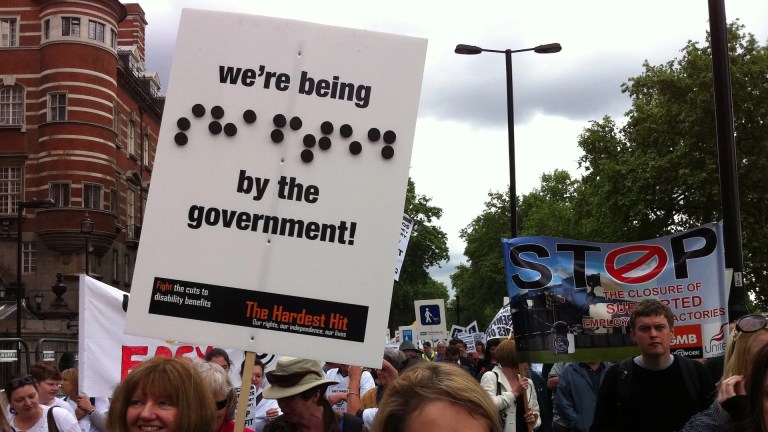I think people came here expecting that Britain’s streets would be paved with gold – you’d arrive here and everything would be given to you, handed to you on a plate. It wasn’t like that at all.
But I think the thing that really bought people together was food. Food was a great way of reminding people of home. A lot of the time they weren’t able to get hold of the produce.
I do remember growing up as a young child eating things like mangoes that my auntie had wrapped in her clothing. It was wrapped in private clothes hoping that customs wouldn’t go through stuff like that. But they would be able to sneak in things like mangoes, coming from the Caribbean, which tasted like nothing I’d ever tasted before. It was extraordinary.
Food brought people together in places like London, Bristol and Liverpool, where it was highly populated by black people. Suddenly there was demand for their type of food. So you were able to walk down the road in London and go to Ron – I remember what he was like. “Alright love, lovely bit of yam here” – sometimes they were rotten but he would just chop off the rotten bit and give you the rest.
We all take sweet potatoes for granted now but the reality is that people used to look at it and ask if it was the same as what we could call the English or Irish potato back then. The sweet potato was completely alien.
Read more from Harriott about why immigration made everyone’s plates tastier in this week’s Big Issue, available from your local vendor until Sunday










